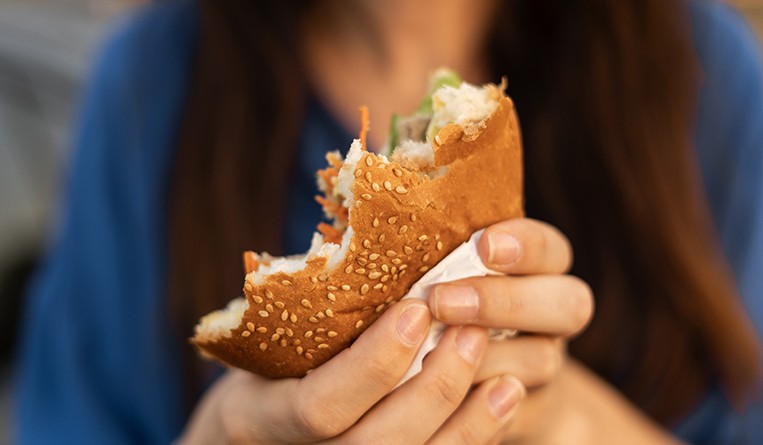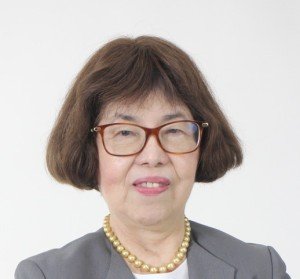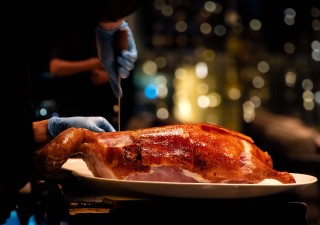Towards a more equitable copyright system
29 February 2024

For the second time, the Supreme Court of the Philippines has urged the Philippines Congress and the Intellectual Property Office of the Philippines (IPOPHL) to amend RA 8293 or the Intellectual Property Code of the Philippines (IP Code), to allow the exemption of small businesses from copyright infringement in the case of Icebergs Food Concepts, Inc. and Allan John T. Young v. Filipino Society of Composers, Authors, and Publishers, Inc., G.R. No. 256091, promulgated on April 12, 2023, but uploaded to its website only on January 19, 2024.
This case arose from the complaint for copyright infringement against Icebergs filed by theFilipino Society of Composers, Authors, and Publishers, Inc. (FILSCAP),a non-stock, non-profit association of composers, a Collective Management Organization (CMO)accredited by the IPOPHL. It is authorized to acquire, administer, license, and enforce the public performance rights over copyrighted musical works or compositions of its members and affiliate foreign societies. FILSCAP is also a member of the International Confederation of Societies of Authors and Composers (CISAC). FILSCAP derives its right to issue licenses and collect license fees from the Deeds of Assignment executed by its members. Icebergs is a Philippine corporation engaged in the business of operating several branches of restaurants within the country while Young is the president and general supervisor of Icebergs.
From 2010 to 2014 FILSCAP monitored several Iceberg restaurants and discovered that the latter publicly played in its restaurants around 324 copyrighted songs in its musical repertoire without the required public performance license. FILSCAP sent Icebergs and Young a total of five letters, from 2009 to 2010, requiring them to secure a public performance license, as well as to pay the corresponding license fees. With no response from Iceberg, FILSCAP sent a final demand letter on September 30, 2014, and on December 1, 2014, filed a complaint for copyright infringement before the Regional Trial Court demanding payment of license fees for P627,200 (US$11,330), moral and exemplary damages of P500,000 (US$9,030) each and attorney’s fees of P100,000 (US$1,800), or a total of P1,227,000 (US$22,165).
In its answer, Icebergs denied committing copyright infringement and claimed that FILSCAP had no substantial proof of its authority to collect and receive royalties or license fees of the owners of the songs. During trial, Icebergs presented Young, its president, as its lone witness. Young insisted that there were no public musical performances in their restaurants, and that whatever musical sounds were heard in the restaurants were due to the occasional tuning in to the local FM radio, and that the tuning in to the local radio stations was not done to entice customers or generate patronage in the concept of public performance or for commercial gain. Young also claimed that Icebergs did not advertise the musical works or charge a fee for playing the same, as the customers were billed only for food and drinks consumed.
The Regional Trial Court (RTC) on December 5, 2018, found Icebergs guilty of copyright infringement and ruled that FILSCAP, by virtue of the Deeds of Assignment executed by its members and the Reciprocal agreements with its affiliate foreign societies, was effectively the owner of the copyrighted songs and has standing to sue Icebergs and demand compensation. Not satisfied with the RTC’s ruling, Icebergs appealed the decision to the Court of Appeals (CA) which affirmed the RTC’s decision, and as a last resort appealed the CA decision to the Supreme Court, which decided the case in favor of FILSCAP as follows:
- The Supreme Court, quoting its ruling in FILSCAP v. Anrey, Inc. in 2022, reiterated that the act of playing radio broadcasts containing copyrighted music through the use of loudspeakers amounted to public performance, a right that belongs to the copyright holder, making Icebergs liable to FILSCAP for damages;
- The only exception to copyright infringement is fair use, but the Supreme Court held that Icebergs’ use of FILSCAP’s copyrighted songs did not constitute fair use. Under Section 85 of the IP Code, In determining whether the use made of a work in any particular case is fair use, the factors to be considered shall include: (a) the purpose and character of the use, including whether such use is of a commercial nature or is for non-profit educational purposes; (b) the nature of the copyrighted work; (c) the amount and substantiality of the portion used in relation to the copyrighted work as a whole; and (d) the effect of the use upon the potential market for or value of the copyrighted work.
- The Supreme Court found justification to award actual and exemplary damages and attorney’s fees but deleted moral damages since FILSCAP is a juridical entity and not a natural person who can experience physical suffering, wounded feelings, etc.
The Supreme Court, however, had the occasion for the second time to say that its decision may have far-reaching consequences on small if no distinction is made between big businesses, such as the Icebergs restaurants, and small businesses, such as small eateries, canteens, carinderias, food carts, etc. The Supreme Court, however, noted that there currently exists no exemption for small businesses in the IP Code which deficiency the Philippine legislature must take note of, and recommended the adoption of the three-step test which provides the conditions to the exemptions to the copyright holders’ rights, to wit: (1) cover only certain special cases; (2) not conflict with the normal exploitation of the work; and (3) not unreasonably prejudice the legitimate interest of the copyright holder.
“Small business” refers to small commercial establishments that are unlikely to significantly impact the market for copyrighted work, and thus, must concentrate on the establishment’s size, type, usage, and the manner in which the music is transmitted (i.e., the use of a single receiving apparatus of a kind commonly used in private homes and physical arrangement of the sound system.) The Supreme Court stressed that “Ultimately, the objective of the three-step test is to ensure that the right of the copyright holders is protected, and, at the same time, the right of small businesses to use their creations in accordance with the limitations set forth in the three-step test.”








